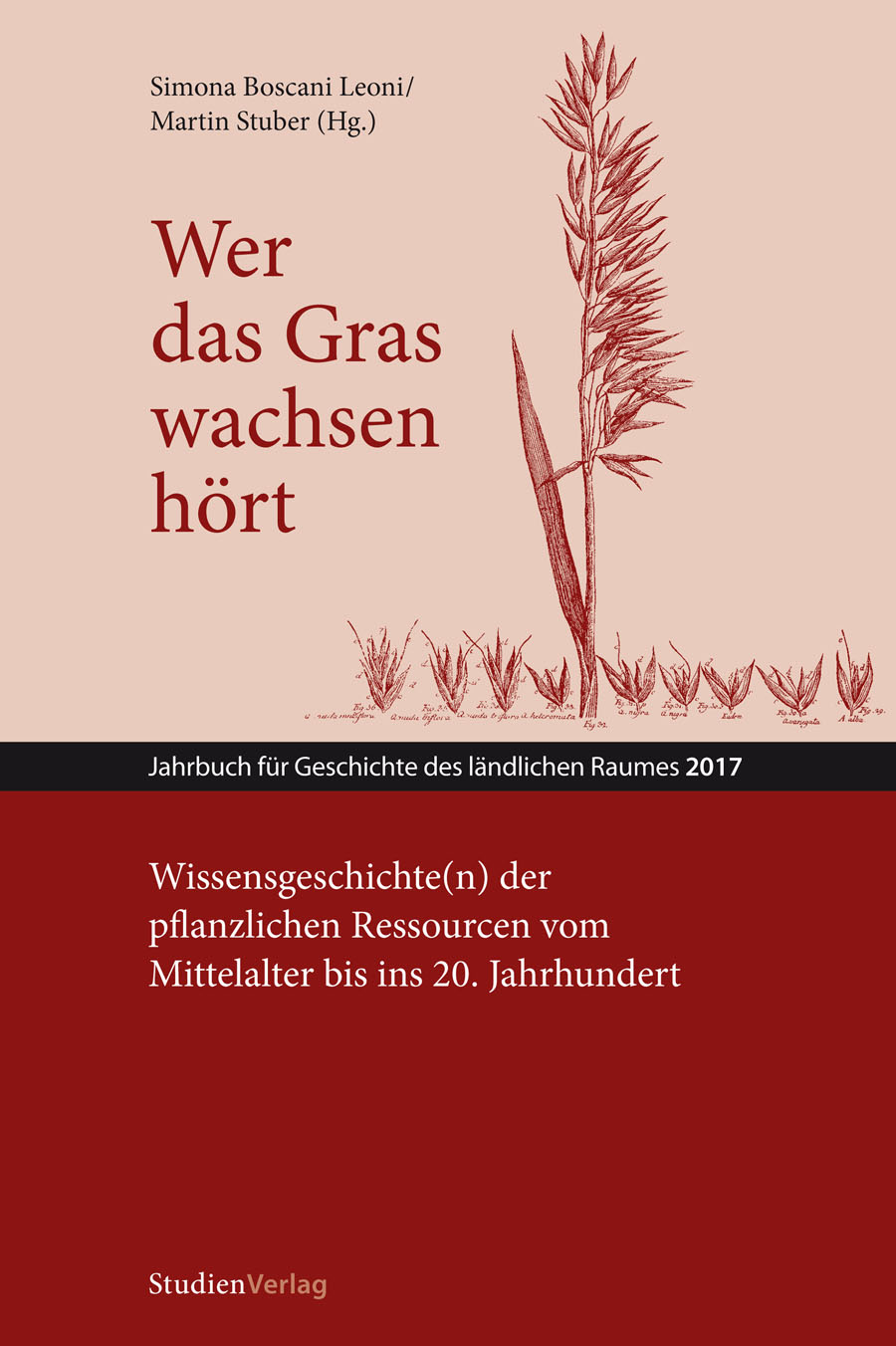Aneignung von „Wildem“ und Neuem durch Sprache – im Lichte von Agrarschriften und Kräuterbüchern
DOI:
https://doi.org/10.25365/rhy-2017-2Abstract
This contribution explains three aspects of the development of botanical knowledge between the thirteenth and the sixteenth centuries: the genres or media used for collecting and circulating knowledge, including the collections of dried plants (1), the institutions for the production and distribution of knowledge (2), and the aspect of knowledge spaces (3). From the 1540s onwards, university botanic gardens were created as experimental places where it was possible to study and breed plants (from the New World). At the same time, private and princely gardens remained important. After Petrus de Crescentiis (ruralia commoda), the standing of personal experiencia and observation grew, while ancient texts were critically examined. The example of Charles Estienne’s work (1504–1564) shows a growing awareness of the historicity of plant societies, which was developed through the study of ancient textbooks. Similarly, a focus on locality found its way into botany and agricultural theory. Estienne recognised the specific regional conditions of the plants’ natural surroundings and prepared the ground for the concept of a “local flora.” In order to study regional flora, it became more important to collect plants on excursions (herbaria), and the information given by rural informants was increasingly valued. The last part of the article looks at the work of the botanist Hieronymus Bock. A number of arable and food crops from the New World as well as plenty of wild plants found their way into this classic herbal. Bock viewed these new things favourably, since in his eyes every useful plant was not only another sign of God’s creation, but also proof of Germany’s fruitfulness and prosperity. The universalist approach to the study of nature visible in the encyclopaedias of the thirteenth century has since changed. In the time of colonial discoveries and pre-national awareness, the horizons specific to country and region have grown more important.


